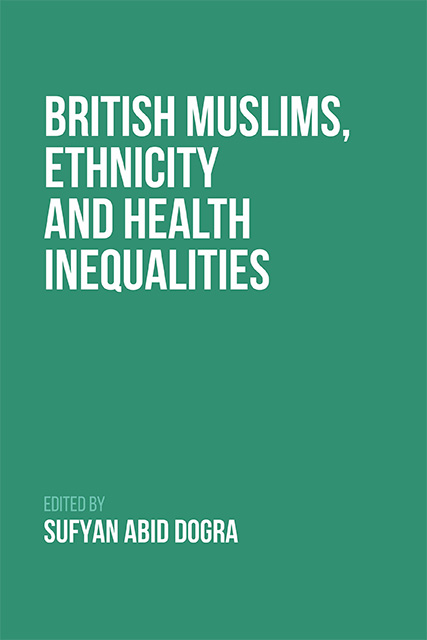9 - Medical Encounters between Overseas-Trained South Asian Doctors and Marginalised Patients in the UK: a Reciprocal Doctor—Patient Relationship?
Published online by Cambridge University Press: 18 October 2023
Summary
Introduction
The doctor–patient relationship is considered a cornerstone of healthcare and the practice of medicine. It frequently appears in the literature of Western medicine and has a long history of being addressed from a sociological perspective (Bury and Monaghan 2013). There is a general consensus among scholars that Western scientific medicine is a product of social and cultural processes similar to the way medical knowledge and practices have developed in non-Western societies. In other words it means that sociocultural dimensions of medicine impact on the doctor–patient relationship (Lupton 2012).
Lupton (2012) argues that though ‘culture’ appears in the medical literature, it is usually used to refer to non-Western cultures. Concepts such as ‘culturally competent’ or culturally appropriate healthcare are used to draw attention of healthcare professionals such as doctors and nurses to the sensitivity of the disparity of health status and inequalities that is experienced due to the differences in social class, racial and ethnic groups.
Critics in medical sociology appear to agree that medicine acts as an important institution of social control and that powerful groups in possession of medical and scientific knowledge have been privileged over others. Their assertions, however, have centred on their tendency to focus on the micro-properties of interactions of doctors and patients rather than incorporating an analysis that includes the macro-level social and political context within which such encounters take place. It is argued that almost all existing studies focus on the powerful positions that the medical practitioners hold and portray patients as disadvantaged in one way or another (Lupton 2012).
In relation to the provision of culturally competent services, Lupton states that emphasis is placed on ‘patient-centred communication’ in which healthcare practitioners aim to make sense of the patients’ culturally shaped understandings of their health through their raising awareness of ethnic and racial cultural differences in health practices.
Lupton emphasises a broadening of the above perspective as healthcare professionals also bring their own cultural beliefs into the medical encounter. The author refers to the concept of ‘lifeworld’, often used by sociologists and anthropologists, to depict the everyday sociocultural context within which meaning is generated.
- Type
- Chapter
- Information
- British Muslims, Ethnicity and Health Inequalities , pp. 185 - 204Publisher: Edinburgh University PressPrint publication year: 2023



